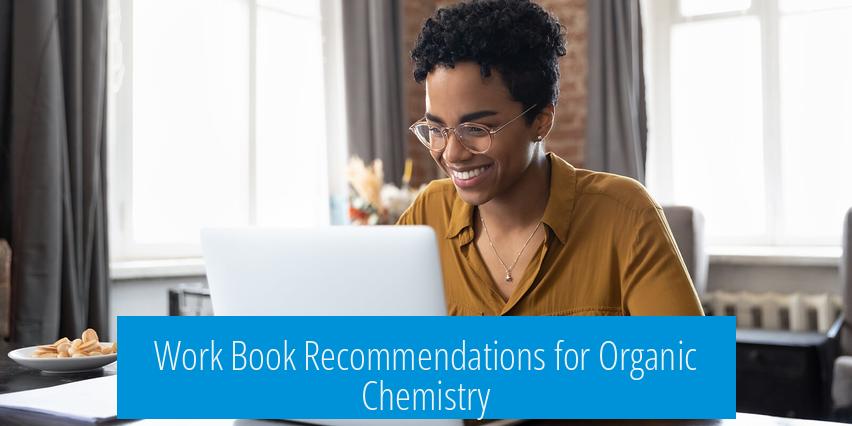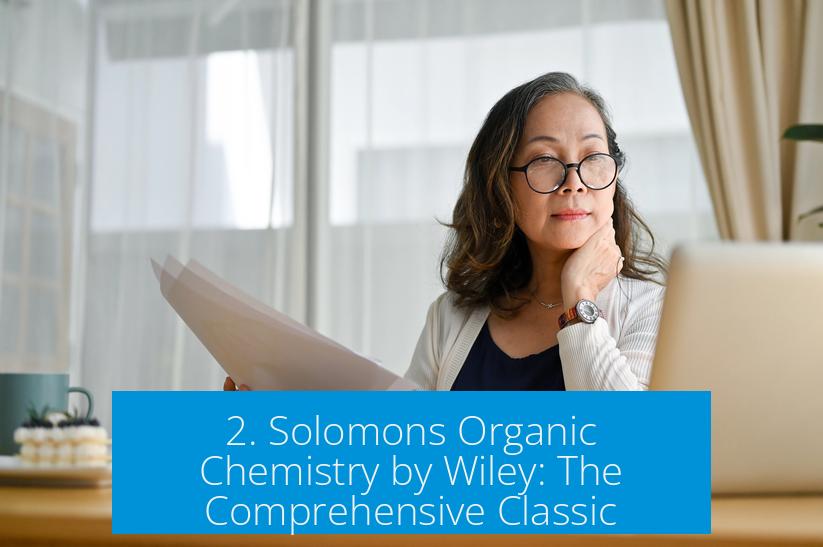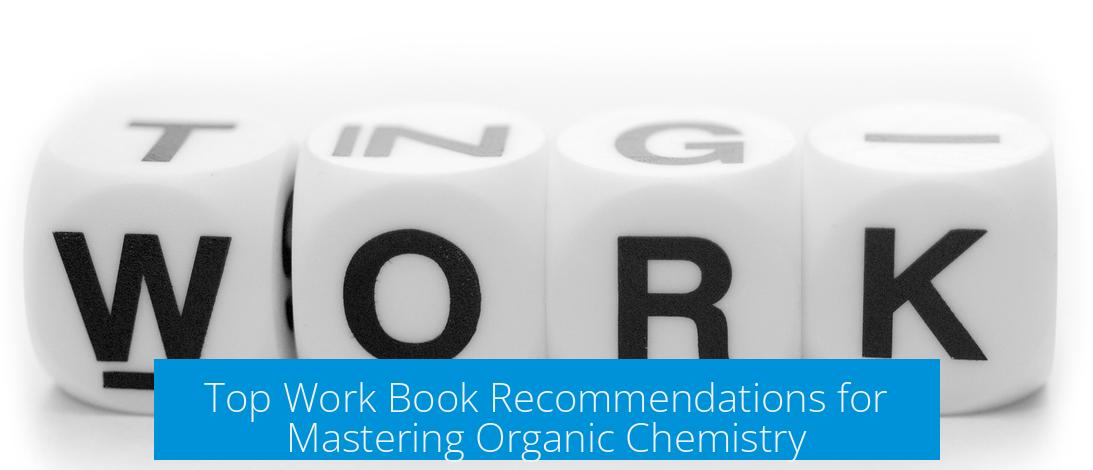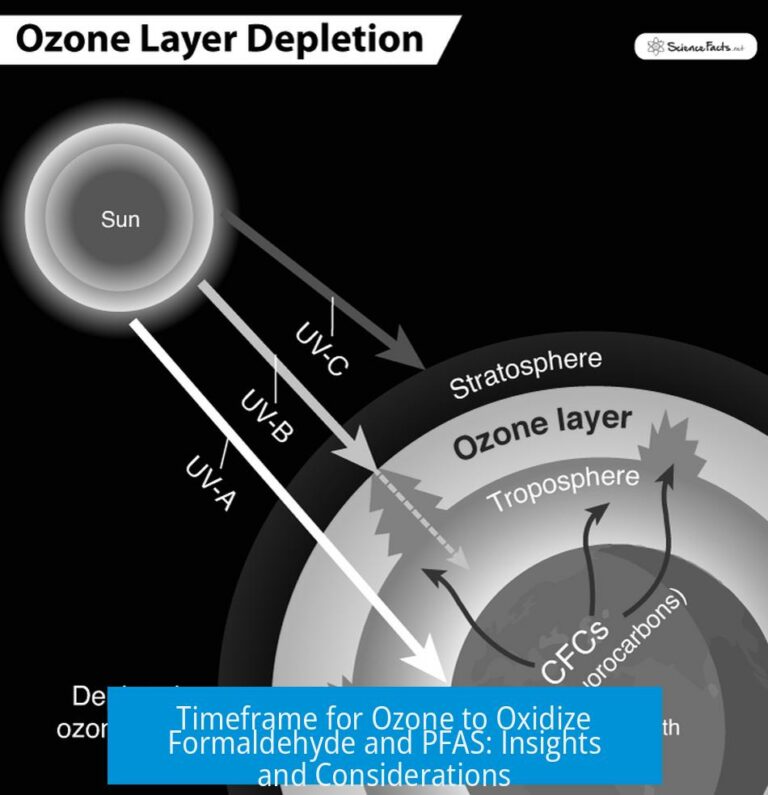Work Book Recommendations for Organic Chemistry

“Klein’s Organic Chemistry as a Second Language” is a leading workbook recommendation for undergraduate organic chemistry students. It presents material clearly and is designed for self-study. The book provides answers at the back, allowing students to verify concepts while working independently. This makes it an excellent starting point for those new to organic chemistry.
Klein’s Organic Chemistry as a Second Language
- Highly readable and student-friendly format
- Self-paced study support
- Includes answers for immediate feedback
Solomons Organic Chemistry (Wiley)
The Solomons Organic Chemistry textbook, published by Wiley, is highly recommended for its comprehensive content. It is often paired with a solutions manual, which enhances learning by offering detailed explanations and practice problems. This textbook-workbook combination benefits students who aim for in-depth concept mastery and problem-solving skills.
- Comprehensive and detailed content
- Solutions manual available for practice verification
- Popular choice among advanced learners
Other Notable Mentions
“Organic Chemistry” by Paula Yurkanis Bruice is recognized for its clarity and has been used effectively in classroom settings. While primarily a textbook, it supports learning through structured explanations.
The textbook by Clayden and Warren is sometimes suggested though less frequently recommended as a workbook. Its comprehensive approach suits students seeking a deeper understanding of organic chemistry theory and mechanisms.
Supplementary Resources

Khan Academy offers free online lessons in organic chemistry that many students find helpful. Although not a workbook, it supports concept reinforcement and problem-solving via interactive exercises. Its accessibility has helped students achieve high grades in organic chemistry courses.
Summary of Key Points
- Klein’s “Organic Chemistry as a Second Language” is ideal for self-study and beginners.
- Solomons Organic Chemistry paired with its solutions manual provides extensive practice opportunities.
- Bruice’s textbook serves as a solid classroom resource with clear explanations.
- Clayden’s book offers depth but is less often used as a workbook.
- Khan Academy acts as a useful supplementary tool for mastering theory and problems.
Work Book Recommendations? Unlocking Organic Chemistry Success
Wondering which workbooks and resources actually help you conquer organic chemistry? Let’s get right to it: Klein’s Organic Chemistry as a Second Language stands out as the top workbook for beginners and self-learners diving into organic chemistry. Now, let’s explore why this and some other recommendations could be game changers for your study routine.
Organic chemistry doesn’t have to feel like decoding hieroglyphics. The right study tools turn those tangled molecules into something manageable—not to mention, make the journey less daunting. So, what’s the best way to sharpen your understanding? Workbooks that combine clear explanations, practice problems, and accessible answers, plus supplemental resources that reinforce concepts, all tailored to your learning style.
1. Klein’s “Organic Chemistry as a Second Language”: The Self-Study Superstar
First off, Klein’s workbook is popular for a very good reason. It’s extremely readable and breaks down complex reactions into digestible chunks. Imagine sitting down without needing a professor breathing down your neck or searching online forums endlessly. This workbook guides you logically through the subject.
Its design targets self-study learners. Why is that important? Because it includes answers in the back of the book, making it a one-stop shop. You don’t need a solutions manual or extra help to check your work immediately. This feature gets you unstuck fast.
Picture this: You’re tackling SN2 versus SN1 mechanisms. The workbook explains each scenario step-by-step, then offers practice exercises with quick feedback. That instant validation builds confidence and kills the frustration of wandering aimlessly. You can manage your pace, repeat tricky parts, and actively apply the theory.
2. Solomons Organic Chemistry by Wiley: The Comprehensive Classic

For those seeking depth and thoroughness, Solomons Organic Chemistry is a staple. Many swear by the 12th edition, which pairs the textbook with a solutions manual. Why does that matter? Because having a solutions manual means you can practice, check your answers, and understand the problem-solving process, not just the final number or structure.
Students who use Solomons often find it covers material more comprehensively than a simple workbook. It’s a resource you can trust for detailed explanations, examples, and exercises. Plus, if you like digital formats—as some do—having PDFs ready is a bonus for study on the go.
Here’s the practical part: If you want to push past the basics and really test your mastery, Solomons offers that challenge. Just be prepared for a denser read—not as casual as Klein, but very powerful.
3. Clayden, Warren (Maybe?): The Enigmatic Suggestion
Ever heard the whispering recommendation of Clayden and Warren? It’s a bit vague but probably refers to Organic Chemistry by Clayden et al., famed for its critical thinking emphasis over rote memorization.
While not a traditional workbook, Clayden’s book can sharpen your analytical skills in orgo. Think of it as a bridge between just doing problems and understanding why those problems matter. If you’re aiming for deep insight rather than exam cram, this might be your companion. The uncertainty here is why it’s a tentative pick—not designed as a practice-heavy workbook but a thought-provoking text.
4. Paula Yurkanis Bruice’s Organic Chemistry: Classroom Proven
This one comes with personal flair. One student reflects: “I read and was taught from Paula Yurkanis Bruice’s Organic Chemistry during my class.” While technically a textbook, it’s prized for clear explanations and extensive examples, some of which work like workbook problems.
If your class uses Bruice, no need to hunt for external workbooks initially. It offers enough practice within its pages to support learning. Instructors often craft problem sets from the textbook questions, doubling its utility. This textbook straddles the line well for those wanting a single go-to resource.
5. Khan Academy: Your Supplementary Sidekick
Now, a curveball: Khan Academy. While not a workbook in the traditional sense, it’s a phenomenal free resource that many find more helpful than official textbooks.
One student credits Khan Academy videos and exercises for pulling an A in organic chemistry—twice. Why? Because the platform explains concepts visually and interactively, often correcting misconceptions instantly through practice questions and feedback.
Not to mention, it’s accessible anytime, which suits today’s busy, tech-savvy learners. If you find textbooks voluminous and workbooks overwhelming, supplementing with Khan Academy could clarify tough ideas.
Wrapping It Up: So, Which Workbook Should You Get?
There isn’t a one-size-fits-all answer, but here’s a quick, practical guide:
- Just starting or self-studying? Get Klein’s “Organic Chemistry as a Second Language.”
- Want everything in-depth with guided solutions? Opt for Solomons Organic Chemistry with its solutions manual.
- Craving deep understanding? Consider Clayden’s book—but know it’s more textbook-like and less workbook-y.
- Following a structured course? Check if your instructor recommends Bruice’s textbook first.
- Need interactive help? Use Khan Academy alongside your workbook or textbook.
Do you ever wonder why some students breeze through orgo while others struggle? It often comes down to the right resources and study habits. Keep your workflow active: read, practice, check, then repeat—and tailor your toolset accordingly.
Have you tried any of these? Would a hybrid approach work for you? Organic chemistry is tough, but the right workbook can make it manageable—maybe even fun enough to tell your friends about. If only the molecules could talk back.
What makes Klein’s “Organic Chemistry as a Second Language” a good workbook choice?
It is very readable and designed for self-study. The book includes answers at the back, which helps learners check their work easily without extra help.
Why is Solomons Organic Chemistry recommended alongside a solutions manual?
Solomons is detailed and comes with a solutions manual. This helps students practice problems and verify answers thoroughly.
Is Clayden Warren a reliable workbook for organic chemistry?
Clayden Warren is mentioned but without details. It likely refers to “Organic Chemistry” by Clayden, yet the recommendation is uncertain and should be checked further.
Can Paula Yurkanis Bruice’s book be used as a workbook?
This book is primarily a textbook used in classes. It’s not an explicit workbook but is helpful for guided study and understanding concepts.
How effective is Khan Academy for learning organic chemistry?
Khan Academy is not a workbook but a useful online resource. It helped one student earn A’s by clarifying concepts beyond typical textbooks.





Leave a Comment